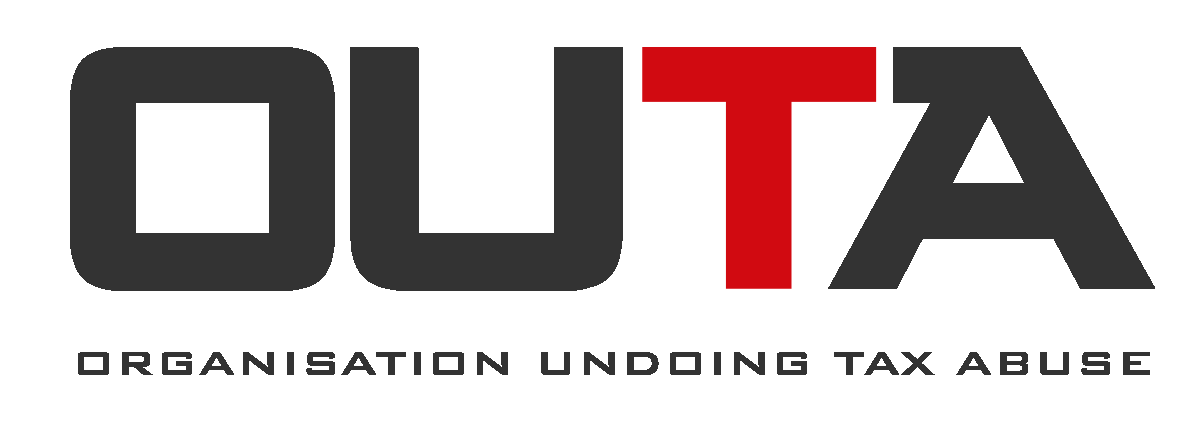Response to Premier Makhura's SOPA: e-toll solution requires an impartial social audit of SANRAL
This is an unresolved historical conflict arising from a failure by SANRAL to observe the basic values and principles governing public administration, as defined in Chapter 12 of the Constitution. The chronic problems of SANRAL’s lack of accountability and the public’s mistrust of this State Owned Entity, cannot be remedied without facing up to causes thereof. Citizens are not just looking for charitable financial relief for their e-toll bills, but an honest frank acknowledgement that SANRAL has not lived up to its constitutionally defined obligations.
Premier Makhura has shown a welcome sense of openness, but the problem is multidimensional and complex. There was clearly an intergovernmental dimension to the problem that arose between the Gauteng Provincial Government, SANRAL, the Department of Transport and the National Executive over a decade ago. There was also a historical failure between government players to meet the requirements of Cooperative Governance as defined in Chapter 3 of the Constitution.
Furthermore, given the experience of the Opposition to Urban Tolling Alliance (OUTA) and many other stakeholders who have found themselves at odds with SANRAL in the past decade, it is apparent that the SANRAL CEO and Board have never seriously internalised the “basic values and principles governing public administration” as enshrined in the Chapter 12 of the Constitution, some of which states:
A high standard of professional ethics must be promoted and maintained;
Efficient, economic and effective use of resources and must be promoted;
Public administration must be development oriented;
Services must be provided impartially, fairly, equitably and without bias;
People's needs must be responded to, and the public must be encouraged to participate in policy-making;
Public administration must be accountable;
Transparency must be fostered by providing the public with timely, accessible and accurate information.
In OUTA’s opinion, nothing but a decision to mothball the e-toll decision, will heal the rift of trust between SANRAL and citizens, arising from their arrogant, bullying, and adversarial manner which they have chosen to deal with their critics and the public at large. In the meantime, the debt can be paid from a slight increase in the fuel levy until a full social auditing process has been undertaken, and SANRAL has become transformed into an inclusive, accountable and transparent agency.
Unfortunately for Premier Makhura, the e-toll debacle has been a mess created at the National Level but dumped into the lap of his Provincial Government, leaving them to bark up the socio-economic impact assessment tree of the e-tolling decision. Thus, we were not surprised that the Premier couldn’t say much more on the e-toll matter, than he did during his SOPA on Monday. Sadly, the e-toll decision remains a case of "work still in progress," some four years after the public outrage began, and following fifteen months of wasteful expenditure on a failed system, since it was launch in December 2013.
The grave injustices and shocking decisions by SANRAL and the National Government on this matter, cannot simply be explained away as a mistake and corrected with lower rates and pardons.
We remind the public and Government once again of the irrationality of the e-toll decision with this one statement: The fuel levy has been increased by R1.10 (or 100% to R2.20 per liter as the combined effect of the Diesel and Petrol levies), since the tax year of 2007. This was the year when the GFIP construction tenders were dispatched. Now, had the authorities decided to apply their existing Fuel Levy policy to finance the GFIP bonds, by allocating a mere 10c per liter of the past increases (or an extra 10c) for the project at that time, the project’s entire capital cost of R17,9bn would have already been raised by today.
We simply cannot understand why the authorities chose to ignore the application of its existing fuel levy policy in this regard. Instead, they appear content kick this can down the road, exploring other complex options, whilst fighting with the remaining 30% of paying road users through SANRAL’s Violations Processing Centre.
We remain unable to see what other motive there could be, to perpetuate the irrational, cumbersome, expensive and highly inefficient e-toll decision?
